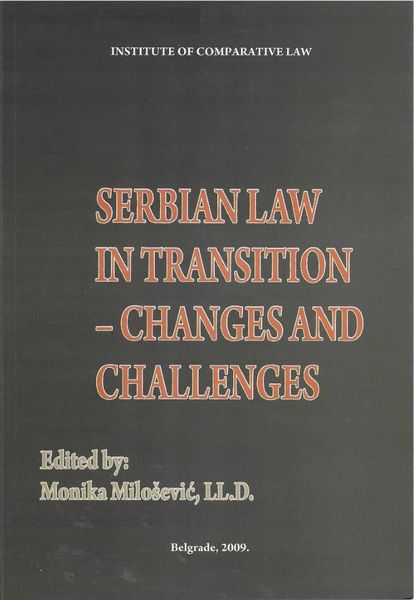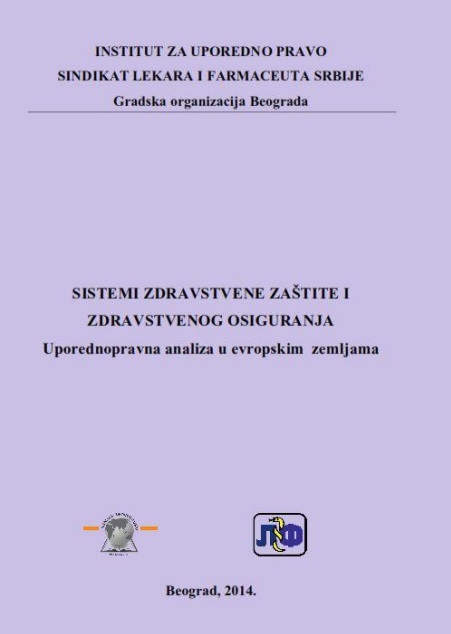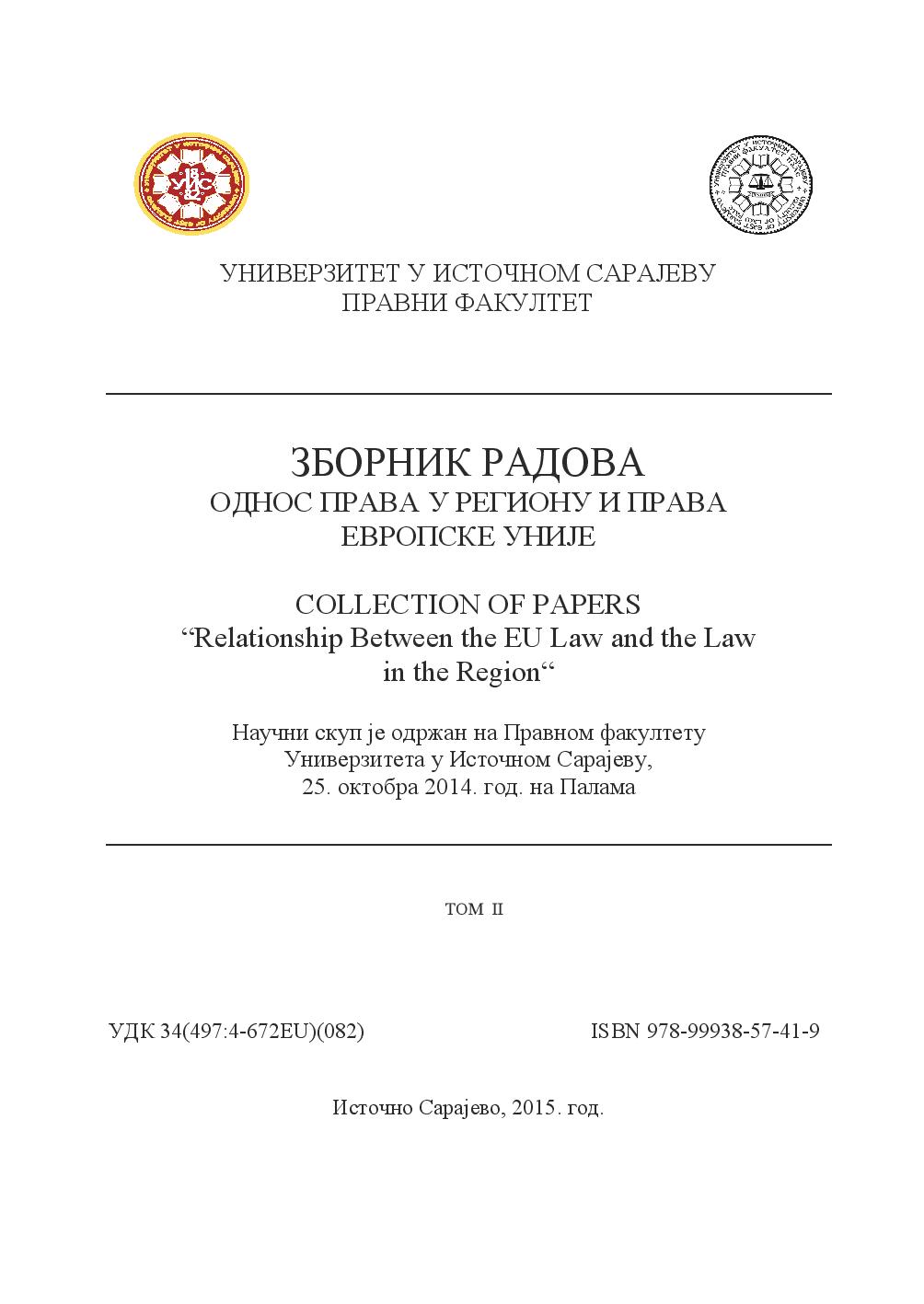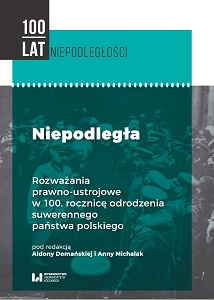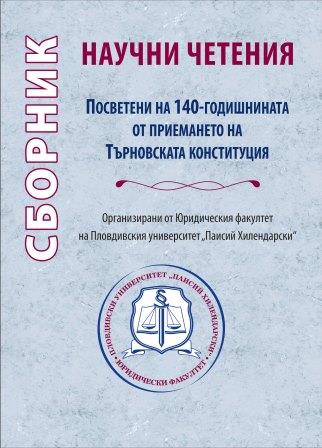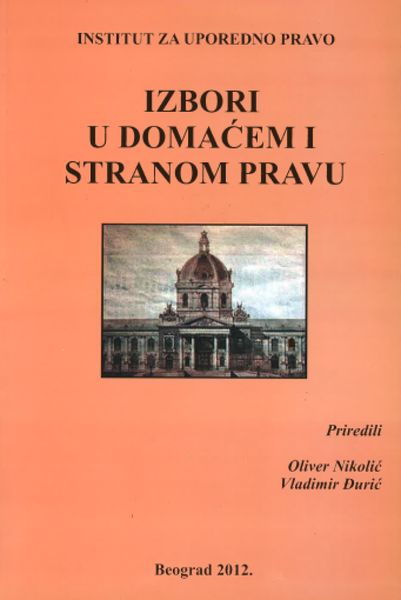
Istorijat izbora u Kneževini i Kraljevini Srbiji
The election of delegates in Serbia in the 19th century developed gradually. It has evolved from the elections regulated by the customs, to an advanced and democratic system of that time, like the one regulated by the Constitution of 1888 and the Election Law of 1890. The elections were often accompanied by political pressure of the authorities; therefore, big accomplishments achieved through Serbia’s constitutional history, were exclusion of the police from the election process, establishment of voters list, anonymous voting etc. The proportional elective system, introduced with the Constitution of 1888 was new at the time, and not yet applied in many other European countries. During the Principality and Kingdom of Serbia the general right to vote did not exist. Women and end entire categories of the population were excluded from voting. A property census existed all the time with varied values. Nevertheless, with the exception of the two-year validity of the Constitution of 1901, Serbia was tending to become a country with the parliamentary system, in which apart from the rule of the monarch, the sovereign people rule as well, through the representatives it has elected.
More...
